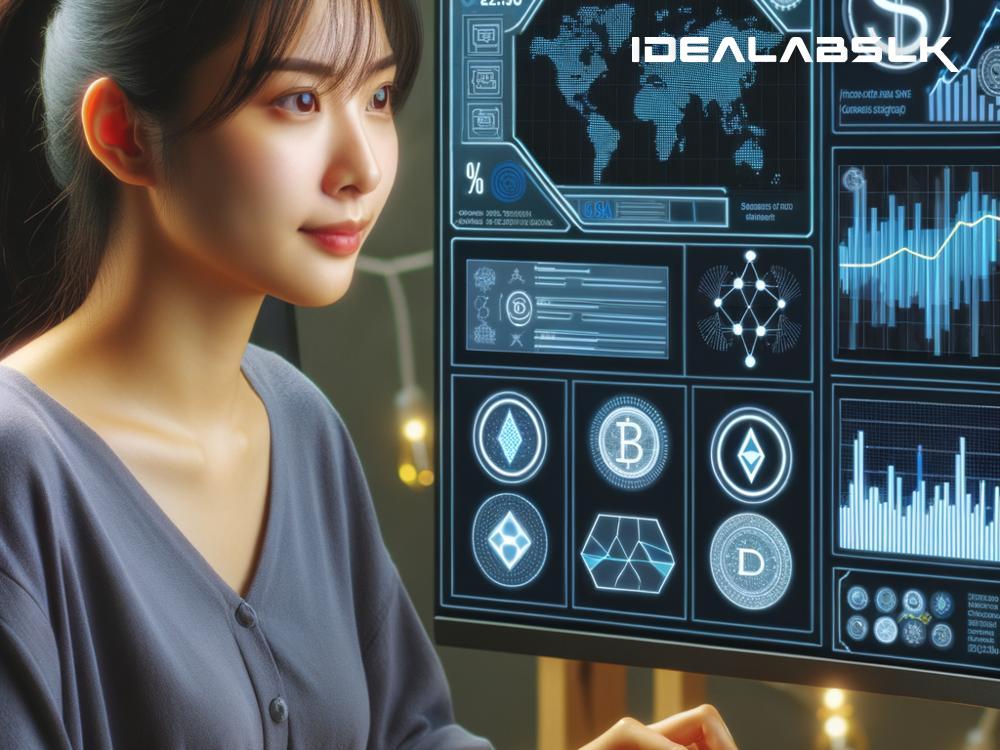How AI Will Revolutionize In-Game Economies for Developers in 2024
In the rapidly evolving world of video games, the in-game economy plays a crucial role in defining the player's experience. From trading virtual goods to earning currency for progress, the economic systems within games are becoming increasingly sophisticated. However, managing and balancing these virtual economies is a complex task that requires careful planning and continuous monitoring. That's where Artificial Intelligence (AI) steps in, promising to revolutionize the way developers create and manage in-game economies in 2024. Let's dive into how AI is set to make these virtual worlds more engaging, balanced, and fun.
Personalized Experiences for Every Player
One of the primary ways AI will transform in-game economies is through personalization. AI algorithms can analyze a player's behavior, preferences, and spending habits to tailor the gaming experience uniquely for them. For instance, if a player enjoys trading and has a knack for it, the AI can introduce rare items or special deals into their game, enhancing their engagement. This personal touch not only makes the game more enjoyable but also encourages players to invest more in the in-game economy, benefiting both the players and the developers.
Smarter, Dynamic Economies
Current in-game economies are mostly static, with preset values and rules. AI will introduce dynamic economies that change based on player actions and real-world economics. Imagine a virtual world where the price of goods fluctuates based on demand and supply, just like in the real world. AI algorithms can adjust prices in real-time, manage scarcity, and even introduce economic events, such as festivals or disasters, that affect the economy. This level of dynamism will make in-game economies more realistic and engaging, providing a richer gaming experience.
Preventing Inflation and Ensuring Balance
Economic balance is critical in multiplayer games. Without it, the game can quickly become unenjoyable for new or less wealthy players. AI can help prevent common issues like inflation, where the value of in-game currency drops, making it increasingly difficult for players to make meaningful purchases. By continuously analyzing the economy and player transactions, AI can identify when the game is heading toward inflation and adjust accordingly, perhaps by removing some currency from the game or adjusting item prices. This proactive approach ensures a balanced and fair environment for all players.
Catching Cheaters and Maintaining Fairness
Cheating can ruin the in-game economy, leading to unfair advantages and a degraded experience for honest players. AI can help by monitoring transactions and player behavior for signs of cheating, such as impossibly fast accumulation of wealth or items. Once identified, the AI can flag these accounts for review, and necessary actions can be taken. This oversight maintains the integrity of the in-game economy and ensures a level playing field.
Enhancing Game Development with Predictive Analytics
AI's impact isn't limited to in-game experiences; it also aids developers in designing better economic systems. Through predictive analytics, AI can forecast how proposed changes, like new items or pricing adjustments, might affect the in-game economy. This foresight allows developers to make more informed decisions, reducing the risk of unintended consequences that could disrupt the game's balance.
Future Prospects: The Evolution of In-Game Economies
As we look toward 2024, the integration of AI in video game development, especially in crafting in-game economies, is set to become the norm. The potential for AI to create immersive, balanced, and dynamic economies is vast, offering exciting possibilities for game developers and players alike. We can expect games where the economy is not just a side feature but a central aspect of the gameplay, opening new avenues for storytelling, strategy, and player engagement.
Conclusion
The role of AI in revolutionizing in-game economies in 2024 cannot be overstated. By personalizing player experiences, creating dynamic economic systems, ensuring balance, maintaining fairness, and aiding in game development, AI is set to enhance the enjoyment and sustainability of video games. As developers harness the power of AI, we're poised to enter a new era of gaming, where virtual economies play a pivotal role in crafting immersive and captivating worlds. The future of gaming is bright, and AI is leading the charge in making these virtual economies more alive and interactive than ever before.

